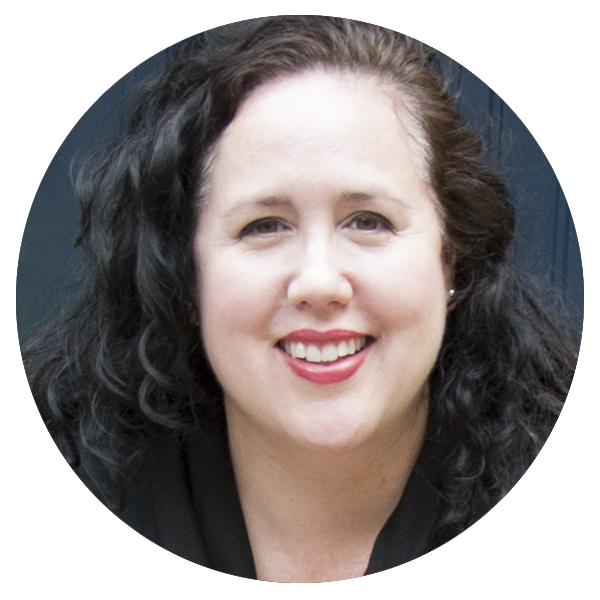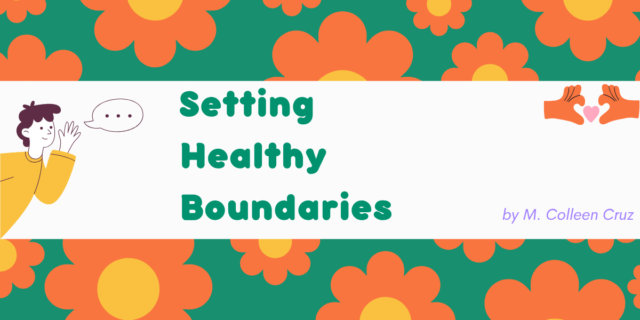
After talking to countless teachers, I’ve come to believe specific things in our practice create a pseudo acceptance culture for mistakes. First and foremost, our assessment systems reward students for mastery over skills and material, not for their work toward learning. If rubrics are created, grades recorded, awards given on mastery, the occasional pep talk or bit of feedback we give about the value of learning through risk-taking and error making feels a bit false. Yes, it is true that many of us have effort, process, and risk-taking on our rubrics and report cards. But, on the whole, the student who makes the least errors gets the top score.
Whether or not we consistently tell our students that learning is what matters and grades don’t, students still see that number at the top of the test or the bottom of the rubric or that letter on their report card. As long as final scores are a thing in our classrooms, a growth mindset with an embrace of errors is going to be an uphill battle. Teachers who have decided to teach without grading report that it not only changes the spirit of students in their classes, but it also deeply affects the way they teach. Both teacher and student become more focused on the real goal—learning—rather than the pseudo goal—reported achievement.
I know not everyone reading this is going to feel ready or even willing to reconsider, let alone dismantle all of the systems that might be obstacles to building a healthy risk taking and mistake-welcoming culture in their building, such as their current systems of assessment and grading. However, I do think it’s worth considering the role those systems play as obstacles for student growth. The stakes are larger than sophomore algebra. We need to create learning cultures. A true learning culture allows us to recognize and learn from not only our own mistakes but the mistakes that exist in the larger culture and that hold all its members back from reaching their full potential. When we model how expert learners learn from mistakes, we show that process as an essential part of participating in the world. We know how much people’s refusal to address mistakes leads to the continued suffering of others. Educators can explicitly discuss the ways that acknowledging and addressing mistakes can be gifts for and from even the most expert among us.
To do this work, we need to look closely at ourselves first. See Figure 7–1 below for examples of questions of critique and belief. You might have noticed that my critique questions are focused on my practice and the belief questions center on students. Although it’s equally important to ask belief questions of ourselves, I’ve found teachers shift most quickly when we ask belief questions about our students. If it’s possible to raise these questions with a colleague or a group of colleagues, you will likely find yourself involved in rather juicy conversations that will lead you to some new ideas.
You might have noticed that my critique questions are focused on my practice and the belief questions center on students. Although it’s equally important to ask belief questions of ourselves, I’ve found teachers shift most quickly when we ask belief questions about our students. If it’s possible to raise these questions with a colleague or a group of colleagues, you will likely find yourself involved in rather juicy conversations that will lead you to some new ideas.

In addition to being the author of The Unstoppable Writing Teacher and Risk.Fail.Rise, M. Colleen Cruz is the author of several other titles for teachers, including Independent Writing and A Quick Guide to Helping Struggling Writers, as well as the author of the young adult novel Border Crossing, a Tomás Rivera Mexican American Children's Book Award Finalist. Colleen was a classroom teacher in general education and inclusive settings before joining the Teachers College Reading and Writing Project where she is Director of Innovation. Colleen presently supports schools, teachers and their students nationally and internationally as a literacy consultant.


